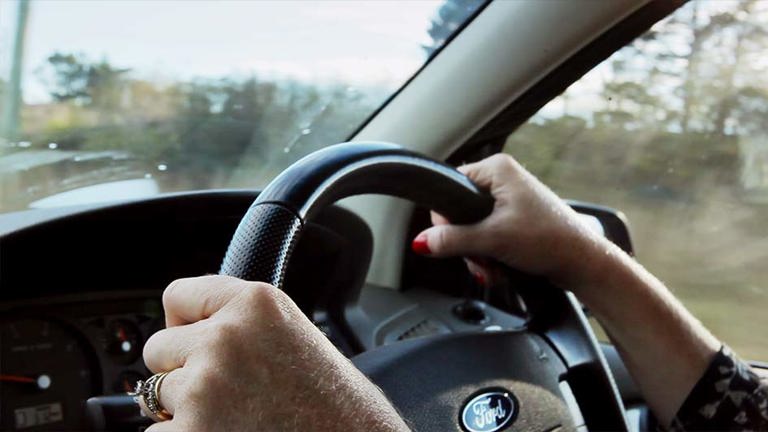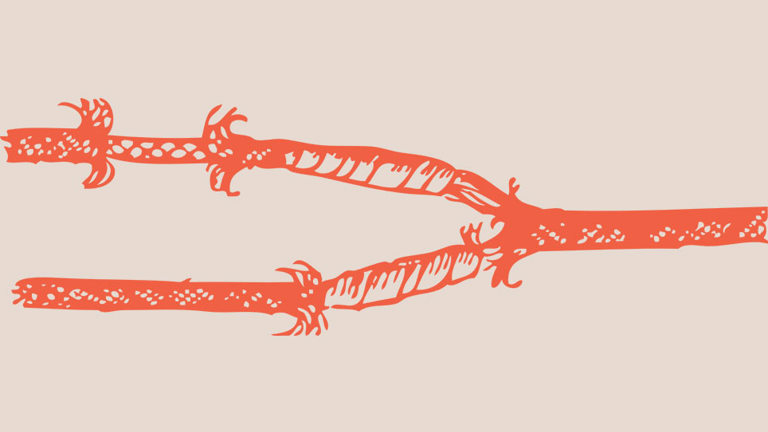Picture this. You buy a used car and pay cash to the seller.
Some time later, you’re involved in a car accident and need to make a claim. Somewhere in the process, your insurance company discovers that there is an outstanding loan on the car held by the original owner.
What happens?
There are some important truths in this situation: Private sellers are not obliged to disclose whether or not there is outstanding finance on the car, meaning they can hide this fact from any potential buyers. It is also true that, despite being sold to a new owner, the finance company that issued the loan has a financial interest in the car and has the legal right to claim that money on your policy.
This means that if you need to make a claim on a car with outstanding finance, whether or not you know about the finance, your insurance company is likely to pay out the finance company who has the registered interest over the car - not you. This is why many insurance policies include a provision that allows payment of claim settlement funds to a financier.
If this happens, the original seller would luckily escape the outstanding debt, leaving you with the short end of the stick.
A third truth is that this example is not uncommon. It serves as an important reminder that when buying a used car, there’s always a risk that there may be an existing loan against it, making you liable to pay off the debt, or risk having the car repossessed.
So what can you do about it?
There are three main ways you can protect yourself from this situation.
The first is to make sure there’s no outstanding finance on the car. This is your sole responsibility as the buyer who, according to Australian law, is responsible for ensuring the vehicle is free from any other interests.
Much the same way as you would check out a car mechanically, a complete background check is an absolute must. Purchase a Personal Property Security Register (PPSR) report to find out about any previous insurance claims, finance owing and whether or not the car has actually been written off or even stolen.
To get a PPSR check (formerly known as a REVS check) visit ppsr.gov.au. You'll need to have the vehicle identification number handy.
The second is if you do decide to go through with the sale, ask for it to be subject to a PPSR or conditional sale agreement and keep a copy of the receipt and the buyer’s full details. This may protect you in the event that the PPSR doesn’t pick up any finance owing. If a finance institution comes after you to repay the loan down the line, you can use the receipt to help prove you were an innocent buyer.
Finally, if you know that the car is financed but the seller has assured you that he or she will pay off the remaining finance before transferring ownership, then be sure to complete the sale at the financial institution where the loan is held so that all parties witness the payment of the loan and the transfer of ownership. You can organise this ahead of time by asking the seller to contact the finance company and advise them of his or her plans to sell the car.
Remember, sorting out any outstanding finance as soon as possible is key to avoiding the heartbreak of finding yourself out of pocket in the unfortunate event of a claim. So no matter how eager you are to secure the sale, always cross your t’s and dot your I’s before handing over the cash.



